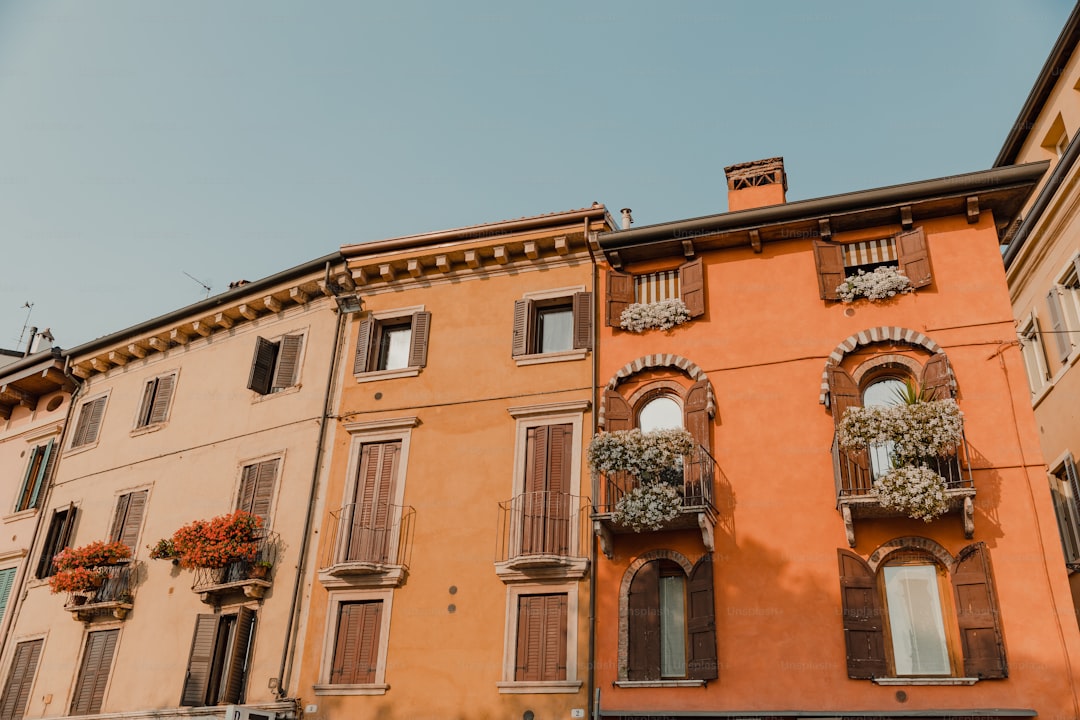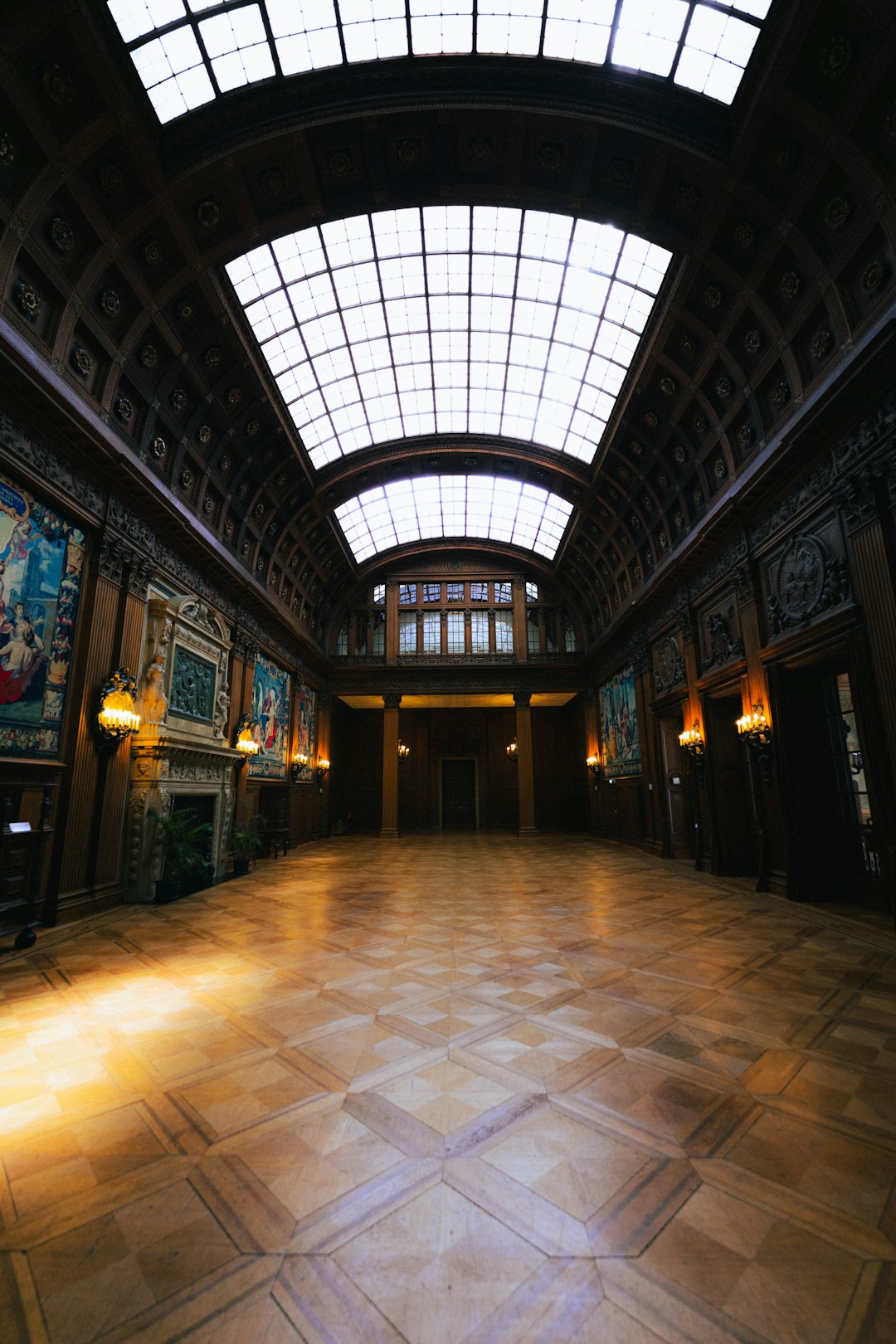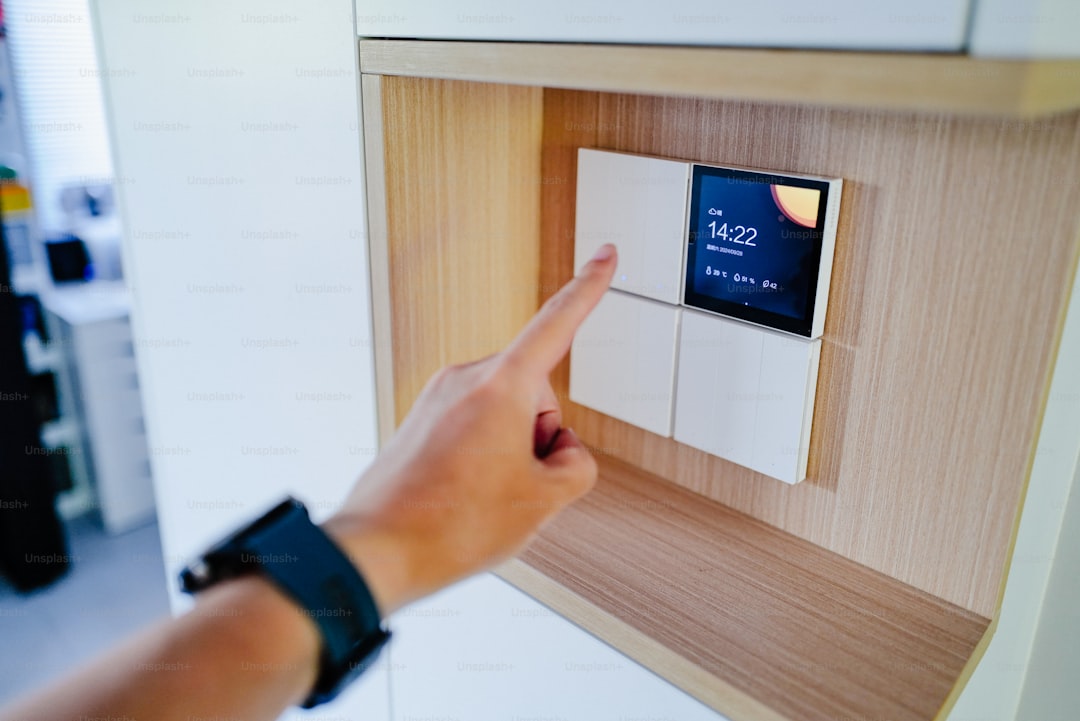Three Generations, One Dream: The Bellacorte Family's Italian Inn Legacy

Roots in Ashes
In the summer of 1948, as the last remnants of World War II debris were being cleared from the hilltop village of Montalcino, Giuseppe Bellacorte made a decision that would shape three generations of his family. Standing among the ruins of what had once been his grandfather's olive mill, he chose to build something entirely new: a small inn that would welcome travelers to experience the authentic heart of Tuscany.
"My grandfather had nothing but determination and a vision," reflects Marco Bellacorte, now 67, as he tends to the herb garden behind Villa Bellacorte, the 24-room family inn that has been the family's life work for 75 years. "The war had taken everything – our olive groves, our equipment, even our hope. But somehow, he saw possibility where others saw only destruction."
Building Dreams from Stone
Giuseppe began with six rooms carved from the stone foundation of the old mill. Using salvaged materials and his own hands, he created simple but welcoming accommodations for the pilgrims and wine merchants who passed through this corner of Tuscany. His wife, Maria, cooked for guests using recipes passed down through generations, serving meals around their own family table.
"There was no separation between our family life and the inn," recalls Giuseppe's daughter-in-law, Elena Bellacorte, now 89 and still the inn's unofficial greeter. "Guests weren't customers – they were extended family. Giuseppe would sit with them after dinner, sharing stories and local wine. Maria would pack lunches for their journeys. That wasn't business strategy – it was simply who we were."
The inn's early years were marked by careful growth and fierce independence. Giuseppe refused bank loans, instead reinvesting every lira of profit back into the property. By 1963, Villa Bellacorte had expanded to twelve rooms, each one built with the same meticulous attention to comfort and character that defined Giuseppe's original vision.
The Second Generation Takes Root
When Giuseppe's son Antonio inherited the inn in 1978, Tuscany was beginning its transformation from rural agricultural region to international tourist destination. Antonio faced pressure to modernize rapidly, to add amenities and expand capacity to capture the growing market.
Instead, he chose a different path. "My father taught me that success isn't measured in room count," Antonio explains from his workshop, where he still handcrafts furniture for the inn's guest rooms. "It's measured in the depth of connection you create with people. We could have built a 100-room hotel, but we would have lost our soul."
Antonio's tenure was marked by thoughtful evolution rather than dramatic change. He added six more rooms, each designed to complement the original architecture. He formalized the inn's restaurant, hiring local chefs to prepare traditional Tuscan cuisine using ingredients from surrounding farms. Most importantly, he began the restoration of the family's olive groves, fulfilling his father's dream of reclaiming their agricultural heritage.
"The 1980s were difficult years for family businesses in Italy," recalls Elena. "Corporate hotel chains were buying historic properties throughout Tuscany. Real estate developers offered us fortunes for our land. But Antonio never wavered. This place wasn't for sale – it was our heritage to protect."
The Modern Challenge
In 2003, Marco Bellacorte faced perhaps the greatest challenge in the inn's history. The third generation to manage Villa Bellacorte, he inherited a property beloved by loyal guests but struggling to compete in an increasingly sophisticated tourism market. Online booking platforms were changing how travelers discovered accommodations, while rising property values made it difficult for local businesses to survive.
"I spent two years wondering if we should sell," Marco admits. "My children were studying in Rome and London. The hospitality industry was becoming more corporate, more standardized. I questioned whether there was still room for a family inn that refused to change with every trend."
The turning point came through an unexpected source: the guests themselves. Long-time visitors began writing letters, sharing stories of how Villa Bellacorte had become part of their family traditions. Children who had stayed with their parents twenty years earlier were returning with their own children, specifically seeking the unchanging warmth they remembered.
"We realized our consistency wasn't a weakness – it was our greatest strength," Marco reflects. "In a world of constant change, people craved authentic experiences rooted in tradition and place."
Honoring Tradition, Embracing Evolution
Marco's approach to modernization has been surgical rather than sweeping. The inn now features contemporary amenities – Wi-Fi, air conditioning, renovated bathrooms – but these improvements are nearly invisible, integrated seamlessly into the historic architecture.
The family's commitment to personal service remains unwavering. Elena still greets every arriving guest personally, sharing local insights and family stories. Antonio continues crafting custom furniture, ensuring each room has unique character. Marco tends the organic gardens that supply the restaurant, maintaining the farm-to-table tradition that predates the modern culinary trend by decades.
"We've learned to distinguish between evolution and revolution," Marco explains. "We evolve constantly – improving our food, refining our service, upgrading our facilities. But we never revolutionize our core values: family, tradition, and genuine hospitality."
The Fourth Generation Emerges
The inn's future now rests with Marco's daughter Sofia, 32, who returned to Montalcino in 2019 after completing hospitality management studies in Switzerland and working at luxury resorts across Europe. Her homecoming wasn't automatic – it required extensive family discussions about preserving tradition while preparing for the future.
"Working at five-star hotels taught me what we do differently," Sofia explains while updating the inn's social media presence, a task that falls naturally to the youngest generation. "Corporate hospitality focuses on efficiency and consistency. We focus on relationships and authenticity. Both approaches have value, but ours creates something money can't buy: genuine human connection."
Sofia's contributions blend innovation with tradition. She's introduced online booking systems while maintaining the personal phone calls that confirm each reservation. She's enhanced the inn's digital presence while ensuring that social media showcases real family stories rather than manufactured content.
Sustaining Community
Villa Bellacorte's impact extends far beyond its 24 rooms. The inn purchases ingredients from seventeen local farms, supports six artisan workshops, and employs twenty-three local residents year-round. Their wine selection features exclusively local vintners, many of whom have supplied the inn for multiple generations.
"We're not just a family business – we're part of a community family," Sofia notes. "When guests experience our hospitality, they're experiencing the collective heritage of this entire region. We see ourselves as cultural ambassadors, not just innkeepers."
The inn's restaurant has become a gathering place for locals, who join guests for weekend dinners and harvest celebrations. This integration creates authentic cultural exchange that transforms typical tourist interactions into meaningful personal connections.
Financial Sustainability Through Values
Villa Bellacorte's financial model defies conventional hospitality wisdom. Rather than maximizing occupancy through aggressive pricing, the family maintains premium rates that reflect their commitment to quality and service. Average room rates of €285 per night generate sufficient revenue to support the property and community without compromising values.
"Profitable doesn't mean exploitative," Marco emphasizes. "We charge prices that allow us to pay fair wages, maintain high standards, and invest in our community. Guests understand they're paying for experiences that can't be replicated at corporate properties."
The inn maintains 78% occupancy annually, with 60% of guests being repeat visitors or referrals. This loyalty-based business model provides stability that allows for long-term planning and investment in both property and people.
Lessons in Legacy
The Bellacorte family's 75-year journey offers insights valuable to any family business:
Values as Foundation: Clear, unchanging principles guide every decision, providing consistency across generations and market changes.
Evolution Without Revolution: Continuous improvement within established frameworks prevents drift from core identity.
Community Integration: Success depends on supporting and being supported by the surrounding community.
Personal Investment: Family members who work in the business understand its deeper purpose beyond profit generation.
Patience with Growth: Sustainable success comes from careful, values-driven expansion rather than rapid scaling.
Facing Modern Challenges
Today's hospitality industry presents unique challenges for family businesses. Online travel platforms compress profit margins while increasing marketing complexity. Environmental regulations require significant infrastructure investments. Labor shortages affect service quality across the industry.
Yet Villa Bellacorte continues thriving by leveraging its distinctive advantages. Personal relationships with guests create direct booking opportunities that bypass platform commissions. Environmental stewardship, practiced for generations, positions the inn well for sustainability requirements. Family ownership enables rapid decision-making and creative problem-solving.
"Corporate hotels have advantages we'll never match – marketing budgets, purchasing power, technology resources," Sofia acknowledges. "But we have something they'll never replicate: authenticity rooted in place and family. That's our competitive advantage."
The Continuing Story
As Villa Bellacorte enters its eighth decade, the Bellacorte family faces questions about succession and evolution. Sofia's brother Luigi, a chef trained in Milan, may join the business. Elena's great-grandchildren visit regularly, already showing interest in hospitality.
"Each generation asks the same question Giuseppe asked in 1948: How do we honor the past while serving the future?" Marco reflects. "The answer has always been the same: by staying true to our values while adapting our methods."
The inn's guest book contains entries spanning three generations of families, creating a living record of human connection across decades. Children who learned to make pasta in Elena's kitchen now bring their own children for the same experience. Business travelers who discovered the inn by chance become annual visitors who consider Villa Bellacorte their Italian home.
More Than Business
"People ask if running a family inn is difficult," Elena muses, watching her great-granddaughter help Sofia arrange flowers in the lobby. "Of course it's difficult. Any worthwhile endeavor requires sacrifice and dedication. But difficulty isn't the same as hardship. When your work creates joy for others and sustains your community, the challenges become meaningful."
Villa Bellacorte represents more than successful family business – it embodies hospitality as cultural preservation, economic development as community service, and profit as purpose rather than end goal. In an industry increasingly dominated by algorithms and automation, the Bellacorte family proves that human warmth and authentic tradition remain irreplaceable.
Legacy in Action
As twilight settles over the Tuscan hills and guests gather for dinner on the terrace, four generations of Bellacortes work together seamlessly. Giuseppe's original vision – a place where strangers become friends through shared experiences of beauty, comfort, and genuine care – lives on in every interaction.
"We're not preserving the past," Sofia concludes, serving wine from grapes grown in soil her great-grandfather once tilled. "We're continuing a conversation started 75 years ago between our family and the world. Every guest who stays with us becomes part of that conversation, carrying our story forward while adding their own chapter."
Villa Bellacorte stands as testament to the enduring power of family enterprise, proving that in hospitality's highest form, business and life merge into something greater than profit – they become legacy, community, and home.



